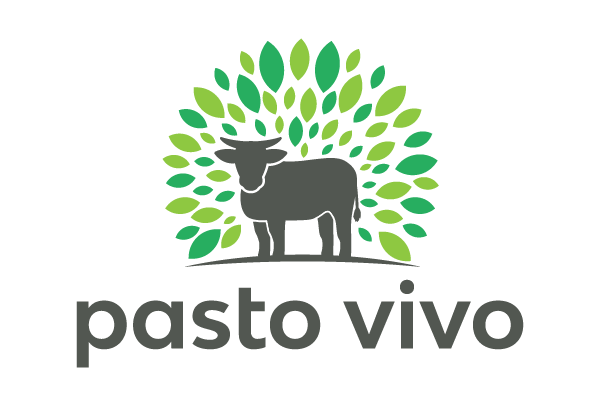1. Business Description
Luxor Agro is a private family business that was created in the 1970s following a partnership model and managing different farms. Currently the company is made up of three main operations: (i) 'Lotus', which specializes in the production of grains within agricultural integration systems, (ii) 'Flora', which focuses on the production of specialty coffees, grown in agroforestry systems combined with chestnuts and noble timber trees, and (iii) Pasto Vivo, focused on raising cattle within agroforestry/agrosilvopastoral systems, also combined with chestnuts and noble timber. Of the three, the last one is the one that will be emphasized in this section, since it was the case visited.
The Pasto Vivo project, located at the São Benedito Farm, is the operation with which Luxor Agro began its regenerative approach. In 2020, they set out to convert all agricultural production to a regenerative approach. The new generation, who inherited the farm, set the goal of continuing the family business by making a radical change in the productive design towards a regenerative approach. This farm has 1,200 hectares of total area, of which 744.45 hectares are areas of only grazing. It is located in the district of Pontes e Lacerda, within the state of Mato Grosso. Likewise, the location of the farm is characterized by being a fertile environment full of opportunities for the development and expansion of agro-regenerative businesses.

2. Products and Services
In general terms of production and trade, Pasto Vivo mainly produces cattle (heifers and culled cattle) for sale. In addition, there is the production of soybeans and other fruit trees that will be a source of income in the future, such as Barú, Macauba and Cashew (or Marañón) which will be replaced in a few years by Barú. In the case of soybeans, this is marketed nationally as intermediaries to other companies that export them already processed. Cattle are sold more locally and regionally, in recent cases at auctions. In addition, in the case of chestnuts such as Barú, it is expected that production will give the opportunity to reach the international market, thanks to the fact that it is a market with greater preparation and that seeks 'socio-bio-diverse' products. It is known that Barú is a product that is highly sought after by people who lead a healthy life, which is why it is usually an ingredient in processed products such as energy and protein bars. On the other hand, Macauba still does not have a clear market. It is thought that it could be used as animal feed, but the fruit pulp could be used for cosmetics. Both chestnuts are still uncertain markets and Luxor is trying to locate them.
3. Because it is considered regenerative
The image of success for the three farms they work on is boughtbar that production regenerativea is so good, or better than conventional production and, in addition, it is possible to make more profit with this type of business. In addition to good production, success would mean going forward with better indicators of soil quality, climate, water quality, biodiversity, but also with better financial indicators.
4. Main limitations
“It is estimated that in the coming years prices and market fluctuations will stabilize. However, Hacienda San Benedito is working on product diversification. It is hoped that, by having agricultural, livestock and forestry activities, unfavorable conditions that may arise from external instability can be overcome. As for crops, they find that the main pest is ants. Armadillos have also been a threat to macaúbas. They also have problems with weeds that suffocate the roots of their crops.”











